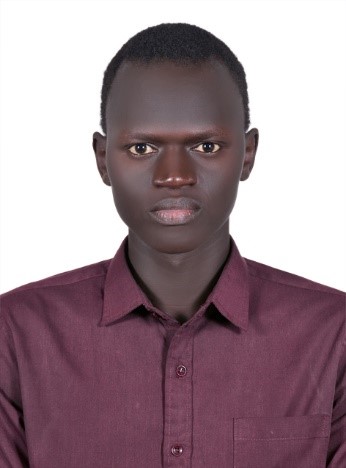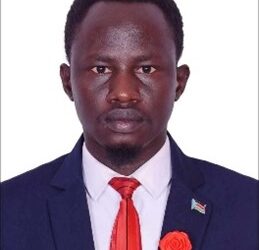By Agar Mayor Gai-Makoon
Water is as good as it is dangerous. There is no life without water. Besides, it is bad news that there can be water without life.
Unsafe water and poor sanitation services do not support life. And lamentably, most deaths in our society have their grounds deeply rooted in poor water services. 59% of South Sudan population have no access to safe water according to a report made by UNICEF. In short, this report for example, tells that in every ten people that visit a clinic, more than five people most likely suffer from water-borne diseases. There is a greater link between water and public health problems than other factors in South Sudan. And for this reason, it is vital to initiate a safe water supply system that is robust and resilient enough to meet the basic water needs of South Sudanese population. The ministry of water resources and irrigation in collaboration with other concerned sectors in the country should do the following:
- Construct more water purification plants in the city of Juba and other cities near rivers. The Lologo water treatment plant was constructed more than a year ago. And though, it has not been able to supply the whole city with safe and clean water, it is important to appreciate its impact on the residents of Juba. Besides, most people still depend on the untreated surface water directly from the Nile River. There is a need for more plants. The most important basic need is safe and clean water. The ministry of water and irrigation has the master plan for robust water supply system that has since not been implemented due to its high cost. The government and development partners should prioritize provision of most important basic needs by making this masterplan a reality.
- Banning water supply by tanks
Water supply by tanks is a great public health risk. Most tank drivers do not take water from the taps installed by the government. They instead, draw water directly from the river. This surface water is untreated, unfiltered and thus, unsafe for human consumption. This is one important reason why the Lologo plant has not been able to adequately fulfil its function. The drivers try to default little charges at the government taps and scoop from stray points at river. The ministry of water and Juba city council should look into this issue very well. This supply system should either be completely banned or the government should take its control. In that case, the tanks should be for the government, and the process of recruiting drivers be properly defined and regulated.
- Provision of enough water wells in rural areas and schools
Rural population is the most neglected citizenry of this country as regards to availability of basic human needs such as safe and clean water and food security. The benefits of having a state and government have not ripened in a typical South Sudanese rural area. This is shameful and alarming given the fact that we have more rural population than the urban. Perhaps, it is important that the main focus of government programs be always centered in making a substantial shift in the lives of this population. And it should start with the most basic and important ones for instance, provision of safe and clean water, healthcare centers and schools. We have plenty of water both in the ground and on the surface all over the land of South Sudan. The surface water directly from rivers and lakes is mostly contaminated and thus, unsafe for use unless it is filtered and treated. The ground water on the other hand, is to a great extent good for drinking because it is fresh, clean and natural. And for this reason, more boreholes should be installed in our rural areas. This will stop fetching water from pools, rivers and lakes for human use which makes them more susceptible to public health problems.
The healthcare system is already overwhelmed by many other factors. And removing the water-borne problems from this list will drastically lighten the load and make the growth in the health sector faster and efficiently.
The writer studies Medicine in Egypt. He has a background in socio-political philosophy as well.




